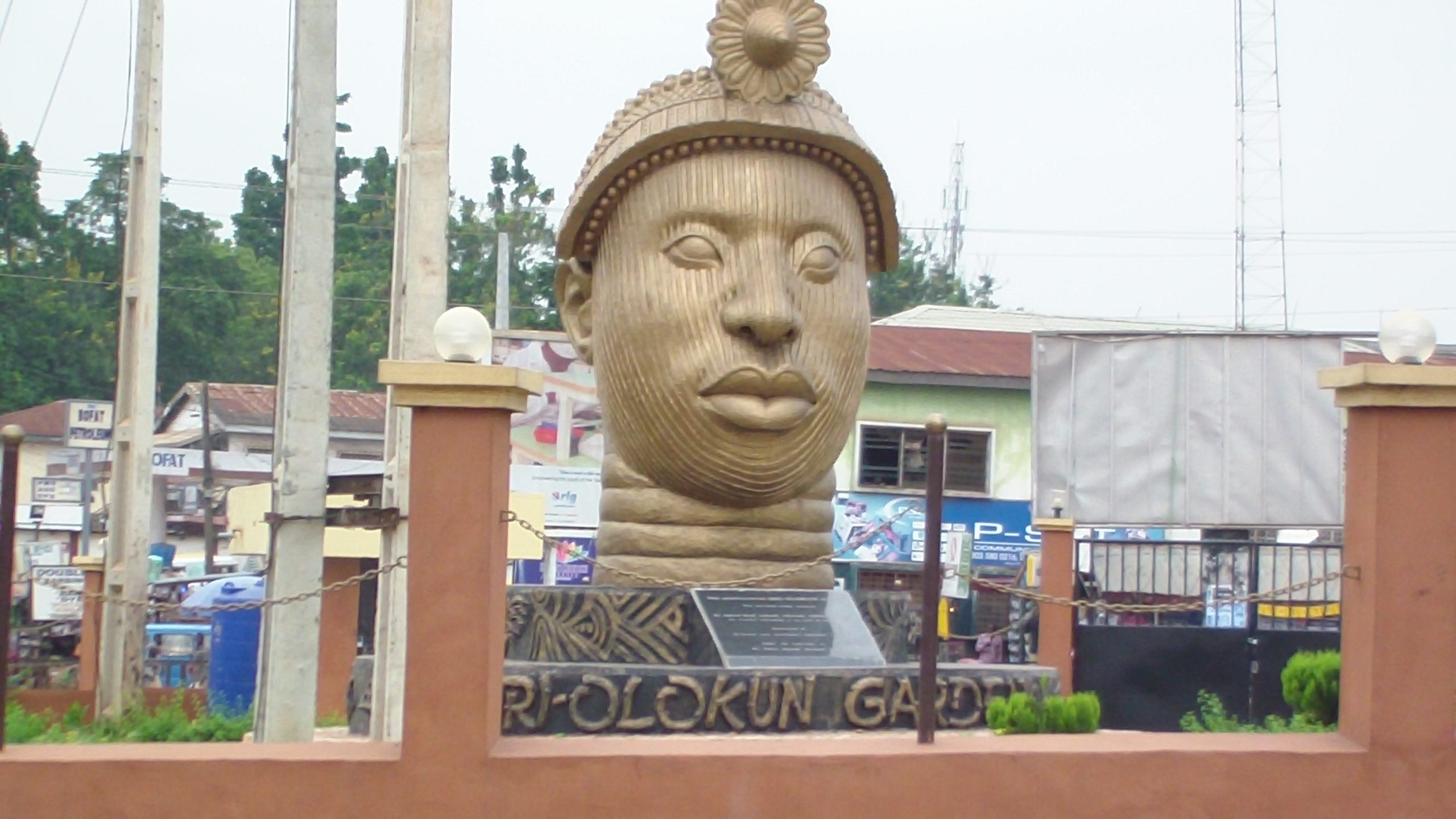Queen Moremi of Ile-Ife, determined to save her people, allowed herself to be captured by the Ugbo warriors and discovered their power came from flammable costumes rather than supernatural forces. Armed with this knowledge, she helped the people of Ile-Ife defeat the Ugbo invaders once and for all. However, to fulfill her vow to the goddess, Moremi tragically sacrificed her only son.
Ile-Ife, the cradle of Yoruba civilization, is the birthplace of Queen Moremi, one of African history’s most revered heroines. During her reign, Ile-Ife faced constant attacks from the Ugbo warriors, who disguised themselves with elaborate bamboo and grass costumes, striking fear into the hearts of the people. These raids were brutal leaving the community in despair, unable to defend themselves against the seemingly supernatural invaders.
Moremi, moved by the suffering of her people sought divine intervention at the Esinmirin River. She vowed to offer a great sacrifice if the goddess would aid her in defeating the Ugbo warriors. With unwavering bravery, Moremi allowed herself to be captured by the enemy, using her intelligence and resourcefulness to uncover the secret behind the Ugbo’s power. Their disguises, she discovered, were mere costumes made of flammable materials and not spiritual armor.
This revelation was a turning point in the struggle. Moremi escaped and returned to Ile-Ife, armed with the knowledge that would save her people. When the Ugbo warriors launched their next raid, the people set a trap, setting the warriors’ costumes ablaze and revealing the men behind the masks. The Ugbo were defeated, bringing peace to Ile-Ife.
True to her vow, Moremi returned to the Esinmirin River to fulfill her promise to the goddess. In one of the most tragic parts of her story, the goddess demanded Moremi’s only son as the sacrifice. Despite the overwhelming grief, Moremi kept her word, sacrificing her son to honor her pledge.
Moremi’s story is a powerful symbol of sacrifice and leadership. She is celebrated annually at the Edi Festival in Ile-Ife, where her heroism is remembered and honored. Statues and monuments have been built in her memory, and her story continues to inspire generations across Yoruba land and beyond.





